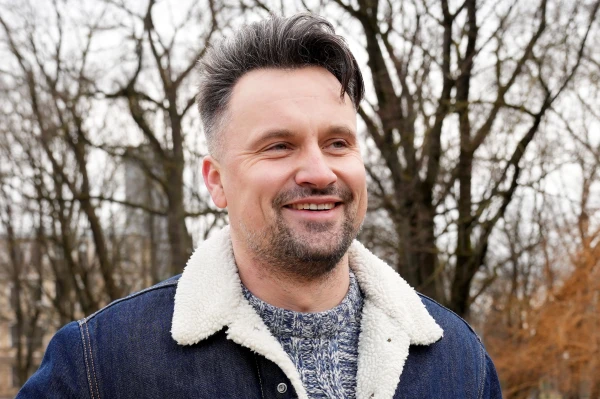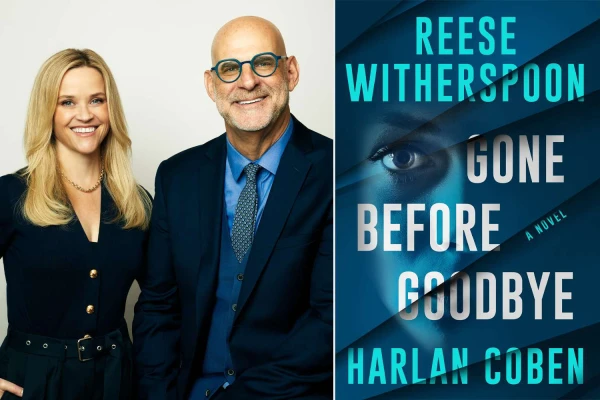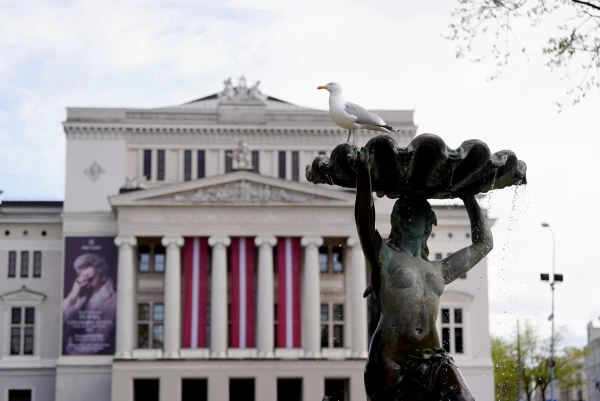
Anyone can become a potential victim of fraudsters, and one should not laugh at those who have fallen for the bait or think that they are protected from deception, believes actor Andris Bulis. He had his Instagram account hacked by criminals who tried to extort money, reports the Bez Tabu program (TV3).
"You should never open suspicious emails. You need to check twice, or even three times, what exactly has been sent. Fraudsters do everything almost like the original. In my case, I thought the email came from Instagram. I opened it, and then my account was hacked. Then I received a message on WhatsApp that if I wanted to regain access, it would cost a certain amount in Bitcoin," recalls the actor. "I started communicating with them and felt like a character in a James Bond movie. I asked the fraudsters for time, requested 10 minutes to check something. He replied that I had five minutes. I begged for more time, saying that the bank wouldn’t allow me to buy Bitcoin. Then I said I had a performance and asked him to wait. He even checked when the performance ended and really called right after. He pressured me, called from different numbers, and tried to extort money."
Bulis told the program that the Latvian IT incident response organization Cert.lv helped him regain access to his Instagram account by advising him on what to do.
"It was not easy to regain access. I had to contact Meta in the USA," the actor noted.
This year, telephone fraudsters are receiving the most criminal profits from residents of Latvia — they have extorted about 10 million euros. The criminals pose as representatives of important institutions, shock the interlocutor with emotional statements, and demand immediate action, which leads to falling into the trap, experts in IT and psychology told the program. According to them, anyone can fall for the psychological tricks of fraudsters.
"They drive the victim into a state of stress. In stress, the brain cannot see the big picture and the details within it. A person is unable to adequately analyze the situation and make rational decisions," explains psychologist Dace Rolava.
"Anyone can be a potential victim. They target basic human instincts, manipulating emotionally and psychologically. There are entire syndicates behind this, which have technical solutions and training materials on how to work with a specific type of personality. I urge discussing this with family and friends — what to pay attention to, what 'triggers' exist. It is important to explain that upon receiving an email or call, one should not blindly follow instructions. If you are rushed or offered unrealistically beneficial deals — it’s worth being cautious. It’s better to call someone you trust and discuss the situation. This can protect you from fraudsters," says Janis Mikelsons, head of the security department at Tele2 in the Baltic States.
Residents of Latvia often fall victim to investment fraudsters, as well as so-called "romantic" scammers. Some promise miraculous profits in exchange for "investments," while others promise love and a shared life, although in reality, this is just a way to extort money. According to psychologist Dace Rolava, many find themselves too vulnerable in front of such temptations. Fraudsters also often use the names of celebrities to create fake profiles and deceive people — Andris Bulis's name was also used for such purposes.
"Unlike telephone fraudsters, who shock immediately and force quick action, these act gradually. My family had an experience — understanding that this was a fraudster, we deliberately experimented to understand how he would persuade. They called back for more than ten days, talking about investment opportunities and profits. It’s a kind of slow brain processing, and at some point, you start to believe. Especially if deep down, you have hidden naivety," clarifies Rolava.












